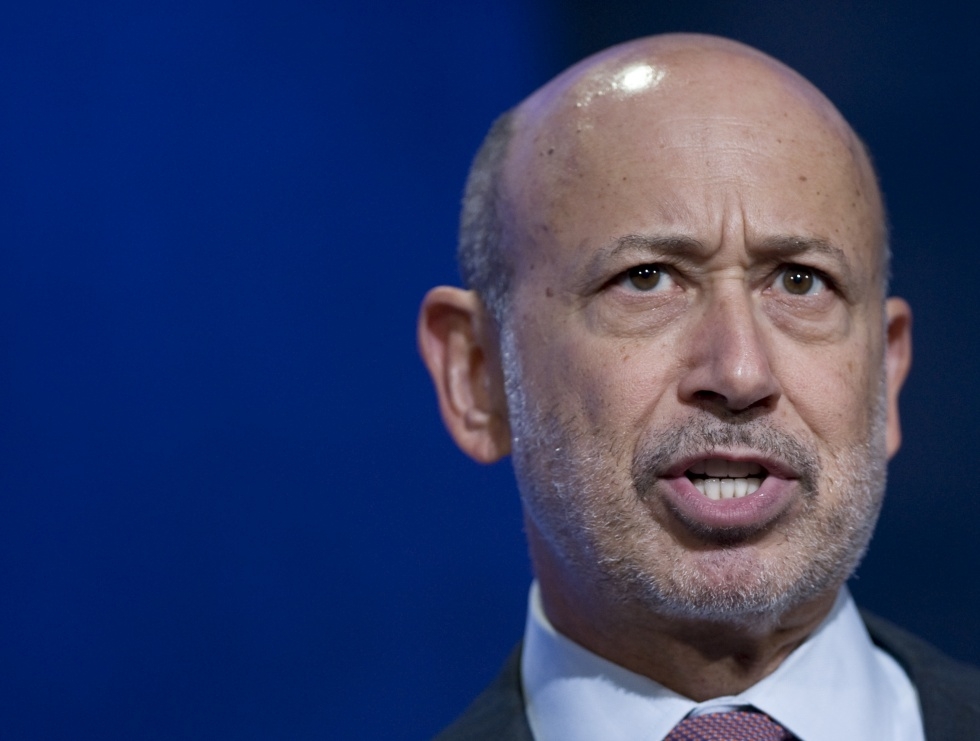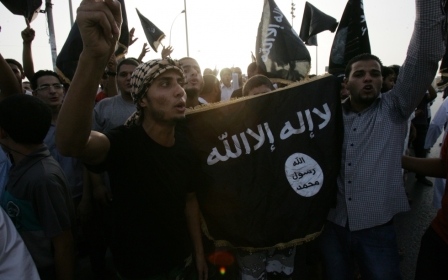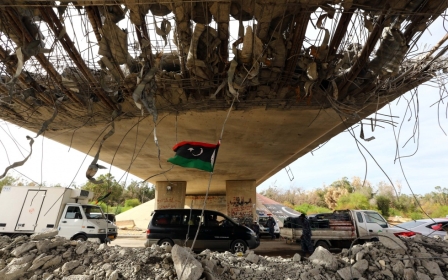Preliminary hearing kicks off in $1bn Libya vs Goldman Sachs court case

Libya's sovereign wealth fund took Goldman Sachs to court in London on Monday to recover $1.2 billion from a series of derivatives trades made during Muammar Gaddafi’s regime.
The Libyan Investment Authority claims that its international inexperience and a relationship of trust with the bank was "exploited" by Goldman Sachs, which disputes the allegations.
The Wall Street bank allegedly made $350 million in up-front profits from the trades, although the deals were rendered worthless for the LIA when they matured in 2011.
The LIA is now seeking compensation, with the case expected to start early next year unless a settlement is reached beforehand.
The claim relates to deals made in 2008 under Gaddafi in the few years between the country opening up to Western investments and the dictator's bloody overthrow in 2011.
The LIA said in court documents seen by AFP that the Wall Street bank used its influence to "drive through a series of complex derivative investments which, whilst extremely profitable for GSI [Goldman Sachs International] were inherently unsuitable for a sovereign wealth fund like the LIA".
Catherine McDougall, a lawyer from Allen & Overy, who arrived in Tripoli in 2008 to work with the Libyan Investment Authority, also submitted a witness statement which appeared to back up the LIA’s case.
“I asked them [the LIA] where the due diligence was, and they responded ‘due what?’” she said. “They said that they did not ask for any due diligence [adding that] there was no need to since Goldman had advised them to do these trades.”
But Goldman Sachs has denied the allegations, arguing that the LIA representatives knew the risk of the trades, saying in its court filing that the fund included "highly experienced banking professionals".
"The disputed trades were not difficult to understand," it said, adding that they had "a clear commercial logic".
"This claim is a paradigm of buyers' remorse," it added, blaming the loss-making trades on the huge disruption on the markets caused by the global financial crisis.
"We continue to believe this case is entirely without merit and intend to contest it vigorously as it moves through the legal process," Goldman Sachs said in a statement.
Shortly before the financial crisis hit, Libya’s $65 bn sovereign wealth fund was busy building links with different Wall Street banks, including Goldman which was seen to be working hard to win Libyan business.
According to the LIA’s legal team, Goldman first approached the LIA in 2007 and promised to set up a “partnership” with the fund, which would see it train its employees and to provide strategic long-term advice.
Goldman employees also allegedly lavished LIA employees with corporate entertainment, taking them out on wild nights in Morocco and London filled with “heavy drinking and girls”. If the allegations are proven, this behaviour could be deemed a violation of Goldman’s own compliance rules, one witness statement said.
Goldman has countered the claims, insisting that the LIA employees were not duped and understood the deals well enough to make suggestions and amendments to the terms. The hearings continue.
Middle East Eye propose une couverture et une analyse indépendantes et incomparables du Moyen-Orient, de l’Afrique du Nord et d’autres régions du monde. Pour en savoir plus sur la reprise de ce contenu et les frais qui s’appliquent, veuillez remplir ce formulaire [en anglais]. Pour en savoir plus sur MEE, cliquez ici [en anglais].




